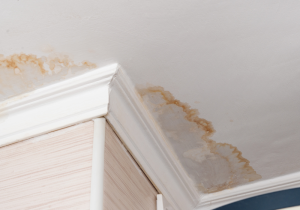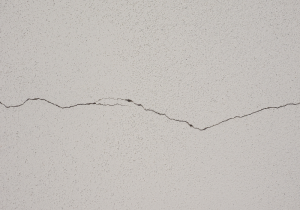Buying a home is one of the most significant investments you’ll ever make, which is why it’s crucial to conduct a thorough inspection before finalizing the purchase. A comprehensive home inspection can uncover potential issues that may affect the property’s safety, structural integrity, and value. At A.L. Home Inspections, we’re committed to helping our clients make informed decisions by identifying red flags that warrant further attention. In this blog, we’ll outline 10 common red flags to watch for during your home inspection.
Foundation Cracks:
Foundation cracks can indicate structural issues that may compromise the stability of the home. Look for cracks in the foundation walls, floors, and around door and window frames. Horizontal cracks or significant vertical cracks may be signs of foundation settlement or structural movement, requiring further evaluation by a structural engineer.
Water Damage:

Water damage can lead to mold growth, rot, and structural decay if left unchecked. During the inspection, check for signs of water infiltration, such as stains on walls and ceilings, musty odors, and warped or discolored flooring. Pay special attention to basements, crawl spaces, and areas prone to moisture accumulation.
Roof Problems:
Inspect the roof for missing or damaged shingles, sagging areas, and signs of water penetration. Look for cracked or deteriorated flashing around chimneys, vents, and skylights, as well as clogged gutters and downspouts. Roof issues can lead to leaks and water damage, so it’s essential to address them promptly.
Electrical Issues:
Faulty wiring, outdated electrical panels, and overloaded circuits pose fire hazards and safety risks. Test light switches and outlets for proper functioning, and look for signs of exposed wiring, flickering lights, or circuit breakers that frequently trip. Ensure that electrical work is up to code and performed by a licensed professional.
Plumbing Concerns:
Inspect plumbing fixtures, pipes, and water heaters for leaks, corrosion, and inadequate water pressure. Look for signs of water damage around sinks, toilets, and showers, as well as evidence of mold or mildew growth. Consider hiring a plumber to assess the condition of the plumbing system and identify any hidden issues.
HVAC System Deficiencies:
Evaluate the heating, ventilation, and air conditioning (HVAC) system for signs of wear and tear, improper installation, or inadequate maintenance. Check air filters, ductwork, and thermostat functionality, and listen for unusual noises or odors emanating from the HVAC equipment. A malfunctioning HVAC system can affect indoor comfort and energy efficiency.
Structural Damage:

Inspect walls, ceilings, and floors for signs of structural damage, such as cracks, bulges, or unevenness. Pay attention to doors and windows that stick or do not operate smoothly, as they may indicate foundation issues or structural settling. Structural damage can compromise the safety and integrity of the home and may require professional repairs.
Pest Infestations:
Look for evidence of pests, such as droppings, gnaw marks, or nesting materials, particularly in attics, basements, and crawl spaces. Termites, rodents, and other pests can cause extensive damage to the structure and may require professional extermination. Consider hiring a pest control expert to assess the extent of any infestations.
Insufficient Insulation and Ventilation:
Inadequate insulation and ventilation can lead to energy loss, moisture buildup, and indoor air quality issues. Inspect attics, crawl spaces, and exterior walls for proper insulation levels and ventilation openings. Consider upgrading insulation and installing additional vents or fans to improve energy efficiency and indoor comfort.
In conclusion, a thorough home inspection is essential for identifying potential issues that may affect the safety, functionality, and value of a property. By being vigilant and proactive during the inspection process, you can mitigate risks and make informed decisions about your investment. At A.L. Home Inspections, we’re dedicated to helping our clients navigate the complexities of home buying by providing expert guidance and identifying red flags that require attention. Contact us today to schedule your comprehensive home inspection and gain peace of mind knowing that your investment is in good hands.

